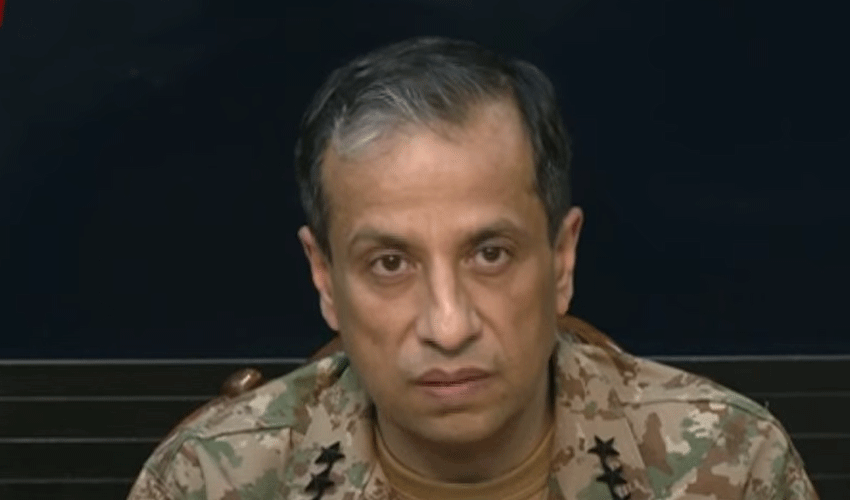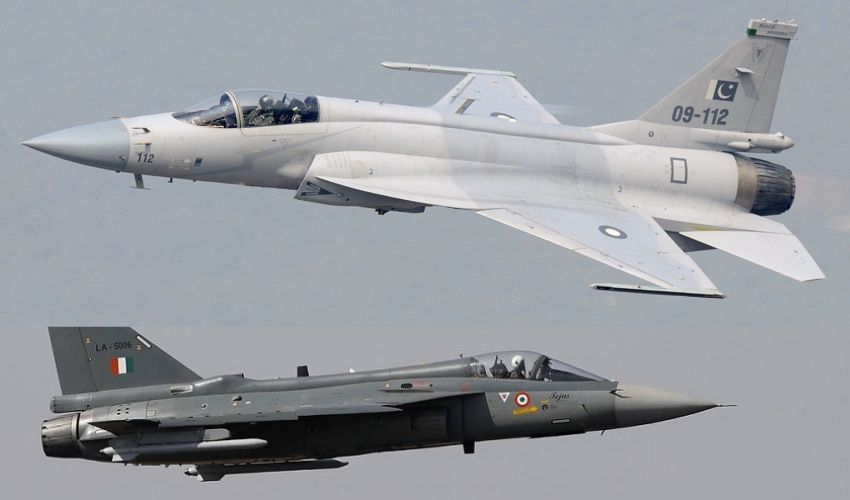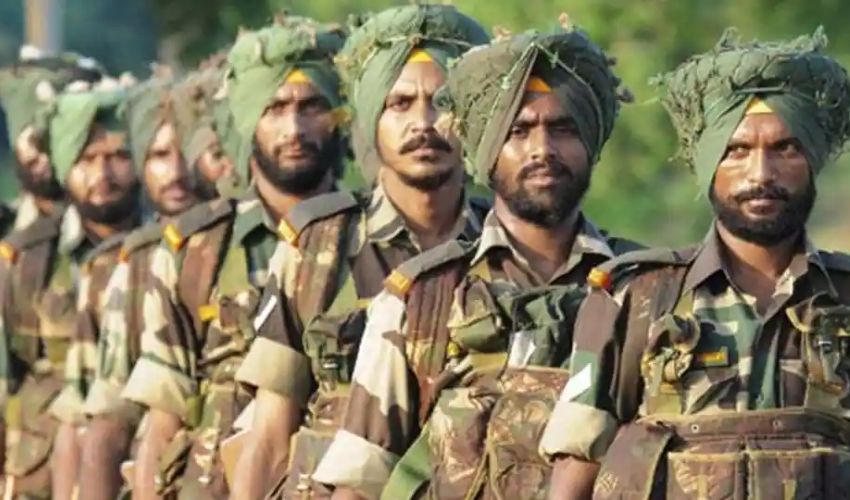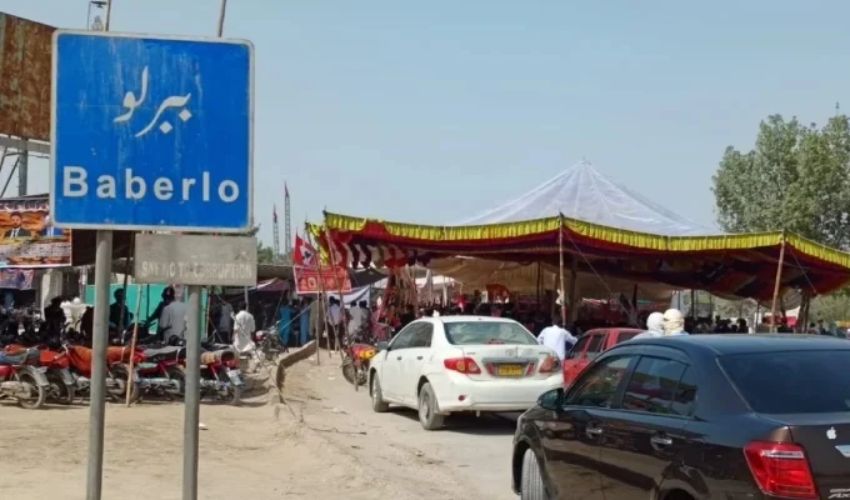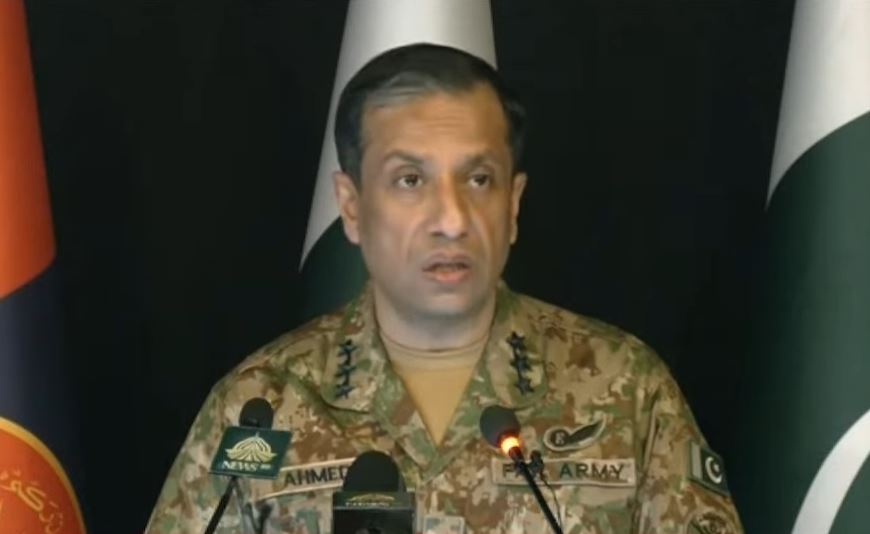Pakistan's top military spokesperson Lt Gen Ahmed Sharif Chaudhry on Wednesday warned that any Indian misadventure would be met with a robust and calculated response, stating that “where the attack will take place will be India’s choice, but we will tell you where to go next.”
He was speaking at a joint press conference in Islamabad alongside Deputy Prime Minister and Foreign Minister Ishaq Dar, amid rising regional tensions following a deadly incident in Pahalgam, which India has sought to link to Pakistan.
Lt Gen Chaudhry, who heads the Inter-Services Public Relations (ISPR), said the Pakistan Army, Navy, and Air Force were fully prepared to respond on every front — land, air, and sea — and were maintaining heightened readiness along both eastern and western borders.
“We will go to any extent for Pakistan’s sovereignty and security. All retaliatory measures have been completed. The armed forces are alert and vigilant,” he said.
Rejecting India’s narrative surrounding the Pahalgam incident — where several Hindu pilgrims were reportedly killed — the DG ISPR questioned how Indian officials were able to identify the perpetrators and assign blame to Pakistan within minutes.
“The location of the Pahalgam incident is nearly 230 kilometres from the Line of Control. How could one reach there in just ten minutes via such difficult terrain?” he asked.
He further alleged that the Indian government was weaponising terrorism-related incidents for domestic political gains, particularly to build anti-Muslim sentiment ahead of elections. “This pattern is not new. India blames Pakistan, creates a political narrative, and then uses it to win elections,” he said.
Speaking about Pakistani prisoners, Lt Gen Chaudhry said there were credible reports that Pakistani nationals held in Indian jails were being killed in fake encounters. “Muhammad Farooq was labelled an infiltrator and martyred in Uri — in reality, he was an innocent Pakistani citizen,” he noted.
The military spokesperson also accused India of using the Pahalgam incident as a pretext to suspend bilateral agreements like the Indus Waters Treaty. “India has long used terrorism as a tool of state policy, and now it is trying to sabotage Pakistan’s success against terrorism,” he claimed.
Lt Gen Chaudhry called for an independent and transparent international investigation into the Pahalgam attack, urging global stakeholders to examine India’s state terrorism and human rights violations in occupied Kashmir.
Speaking alongside him, Deputy PM Ishaq Dar echoed similar sentiments, stating that Pakistan preferred peace in the region but would respond “very strongly” to any provocation.
“Pakistan will never initiate aggression, but if provoked, we will respond with full might,” Dar said.
He stressed the need for de-escalation but made it clear that Islamabad would not tolerate baseless allegations or military threats from across the border.
According to data shared by the military, over 3,700 terrorist incidents have occurred in Pakistan since January 2024, resulting in nearly 3,900 deaths, including 1,314 security personnel. More than 77,000 operations have been carried out in response, killing over 1,600 terrorists.
“Pakistan remains the last strong wall against terrorism in this region,” Lt Gen Chaudhry concluded, “but we will not remain silent while India externalises its internal failures by blaming us.”





